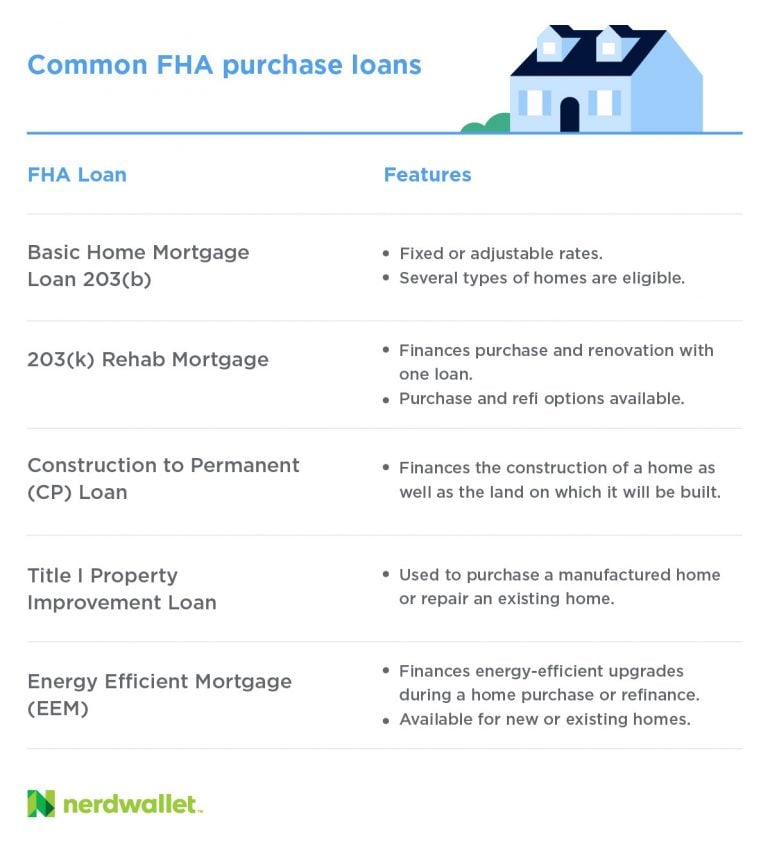Peaslee & Nirenberg at 491-492. Lemke, Lins and Picard, Mortgage-Backed Securities, 4:20 (Thomson West, 2014 ed.). Peaslee & Nirenberg at 4. Peaslee & Nirenberg at 444-445. Peaslee & Nirenberg at 436. Peaslee & Nirenberg at 445. Lemke, Lins and Picard, Mortgage-Backed Securities, 4:21 (Thomson West, 2014 ed.). Did Investors Truly Get Double-Duped with Re-REMIC Scores?, HousingWire May 19th, 2010 Silverstein, Gary J.
Tax Management Inc.: Securities Law Series (2007 ): A-54. Silverstein at A-54, A-55. Silverstein at A-55. Peaslee & Nirenberg, 44. Peaslee & Nirenberg at 1309. Peaslee & Nirenberg at 497-498. Peaslee & Nirenberg at 441. Peaslee & Nirenberg at 495. Lynn, Theodore S., Micah W. Bloomfield, & David W. Lowden. Real Estate Investment Trusts.
29. Thomson West (2007 ): 6-22. Peaslee & Nirenberg, 501. Silverstein, A-48. Peaslee & Nirenberg, 13 Peaslee & Nirenberg at 504, 581 Peaslee & Nirenberg at 504 Peaslee & Nirenberg at 505-506. Peaslee & Nirenberg at 44,841.
For a number of factors, mortgage-backed securities are safe investments. The likelihood of really losing cash is considerably lower than it would be if you invested in the stock exchange, for instance. Nevertheless, the investment isn't without its disadvantages. Let's gone through a few of this. MBS tend to be fairly safe financial investments.
government. Fannie Mae and Freddie Mac are privatized enterprises, however since they have actually remained in government conservatorship given that late 2008 and have a deal to be backed in certain circumstances by the Federal Real Estate Financing Firm, they have a somewhat implied government warranty. If properties are foreclosed upon, it's the duty of the bond backer to make mortgage financiers whole.

If the housing market takes a recession and people begin leaving homes on which they owe more than the homes deserve, that's asking for trouble if adequate people default. On the other hand, people will quit a great deal of other things to make sure they have a roof over their head, so investing in mortgages is still relatively safe, even in this situation.
Getting My How Many Lendors To Seek Mortgages From To Work
The drawback to buying home mortgages is that there's an inverted relationship between the level of security and the reward. You'll gain a higher rate of growth out of a stock if it's successful, but there is likewise more potential for a loss. Since the development rate is lower for mortgage-backed securities, something you have to fret about is exceeding inflation.
Inflation danger is absolutely something to think about. There's likewise a prepayment threat. It's advantageous for a customer to settle the home loan as quickly as possible in order to save on interest. Nevertheless, those purchased MBS don't like prepayment because it suggests you're getting less interest, which has a direct effect on the quantity of return you can anticipate to receive - which mortgages have the hifhest right to payment'.
The threat that the value of a set earnings security will fall as an outcome of a change in interest rates. Mortgage-backed securities tend to be more sensitive to modifications in interest rates than other bonds because modifications in rate of interest affect both the mortgage-backed bond and the home mortgages within it.
The danger that a security's credit ranking will alter, leading to a decline in value for the security. The measurement of credit risk typically thinks about the danger of default, credit downgrade, or modification in credit spread. The danger that a security will not have considerable demand, such that it can not be offered without considerable deal costs or a decrease in value.
The threat that inflation will wear down the real return on financial investment. This happens when costs rise at a greater rate than financial investment returns and, as a result, money purchases less in the future. The threat that a modification in the total market environment or a particular occurrence, such as a political occurrence, will have a negative effect on the price/value of your financial investment.
Pools of mortgages are the security behind mortgage-backed securities-- MBS. Mortgage-backed securities are a significant element of the bond market and many mutual fund will have a part of holdings in MBS. There are also funds, of all fund types, that just buy home loan pool securities. The primary kind of home loan securities are originated from pools of home mortgages guaranteed by one of the indicated or specific federal government home loan agencies.
How Subprime Mortgages Are Market Distortion - An Overview
Many agency MBS are set up as pass-through securities, which indicates that as house owners with home mortgages in the pool backing an MBS make primary and interest payments, both primary and interest are paid out to MBS investors. There are both shared funds and exchange-traded funds-- ETFs-- that primarily purchase mortgage-backed securities.

The finance and financial investment related websites frequently release top funds by category and these lists would be an excellent place to begin research into home mortgage focused mutual fund. Taxable bond funds of all types might own MBS. Since company MBS have implicit or implied U.S. federal government support, mutual fund billed as government mutual fund frequently own a considerable quantity of home mortgage securities.
A fund will list its leading holdings on its web pages and if those holdings include GNMA, FNMA and FMAC bonds, the fund purchases mortgage swimming pool securities. An alternate method to invest in home mortgage swimming pools is with home loan realty investment trusts-- REITs. Home loan REITs own leveraged swimming pools of home mortgage securities.
REIT shares trade on the stock market and can be bought and sold like any stock or ETF. Some home loan REITs exclusively own agency MBS and others hold a mix of agency and MBS from non-agency home loan swimming pools.
This spreadsheet was originally compiled to assist make the choice to either sell home mortgages that were originated, or keep them. It can also be used to aid with the choice to purchase http://elliotansi601.lowescouponn.com/some-of-what-percentage-of-national-retail-mortgage-production-is-fha-insured-mortgages a swimming pool of entire loans, or a securitized mortgage swimming pools. Two different principles of return are described in this post.
on a pool of home mortgages is determined with the following formula: is the rate of interest that makes the present value of the overall cash flows equal to the preliminary investment. Excel makes it easy for us to calculate IRR with the constructed in function IRR(). IRR uses an iteration procedure that tries different rates of return until it finds a rate that satisfies this equation (as a shortcut I use the Excel NPV function): Among the significant differences between the 2 is that HPR lets the user forecast what rate money circulations will be reinvested at in the future, while IRR presumes that all capital will be reinvested at the IRR rate.
Indicators on What Percentage Of Mortgages Are Below $700.00 Per Month In The United States You Need To Know
More on that latter. The input cells remain in yellow (as are all my spreadsheets). After going into the beginning principal balance, we get in the gross rates of interest. Next is maintenance. Servicing is from the standpoint of the owners or buyers of the swimming pool. If this were a purchase of a pool of entire loans or securitized home mortgages, we would get in the maintenance rate (who took over abn amro mortgages).
In this example, we are assuming that we originated the loans and are now choosing if we desire to hold them, or sell them to FNMA. If we keep them (as in our example) the servicing rate is not subtracted from the gross, since we will be receiving the gross rate.